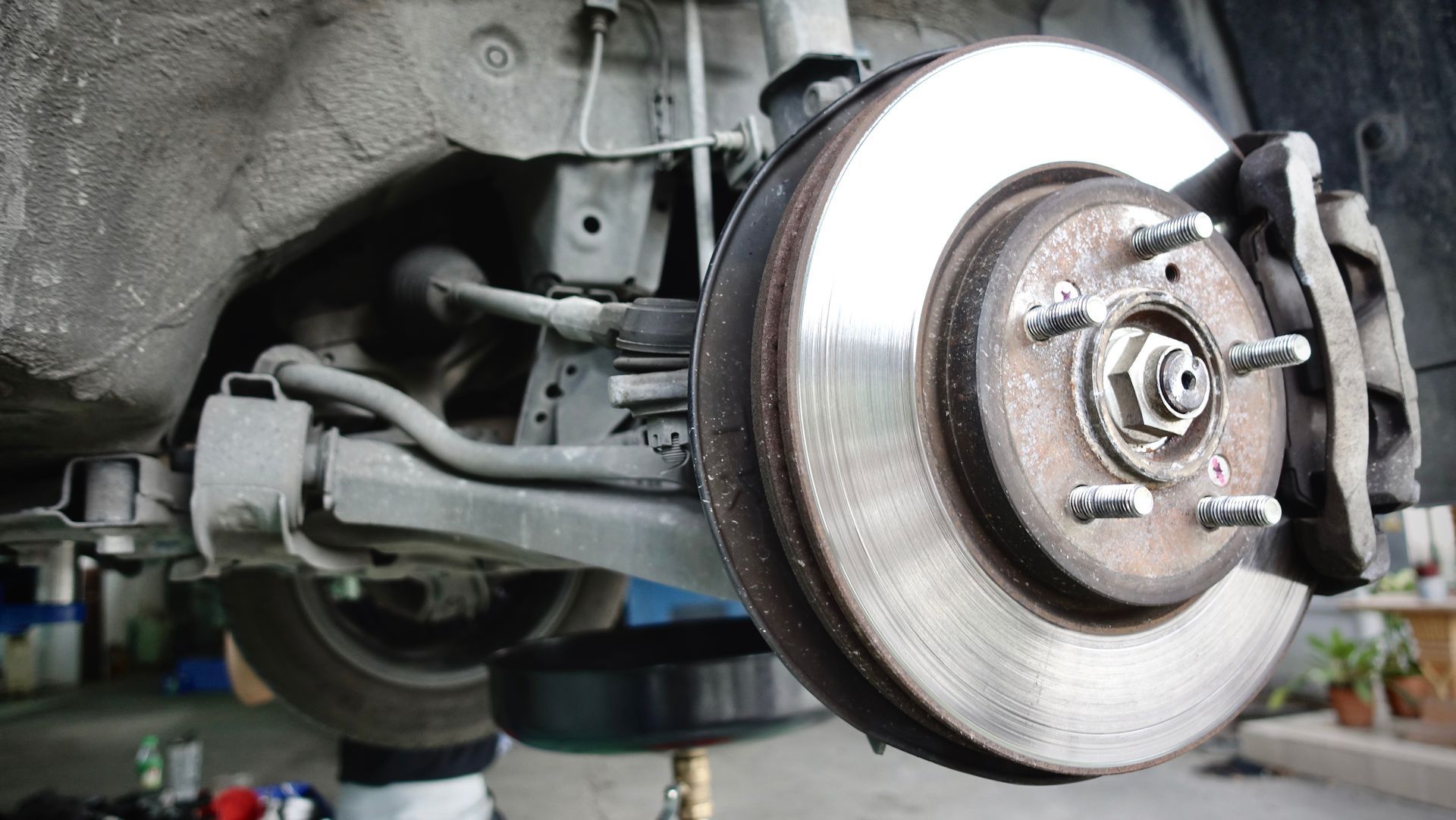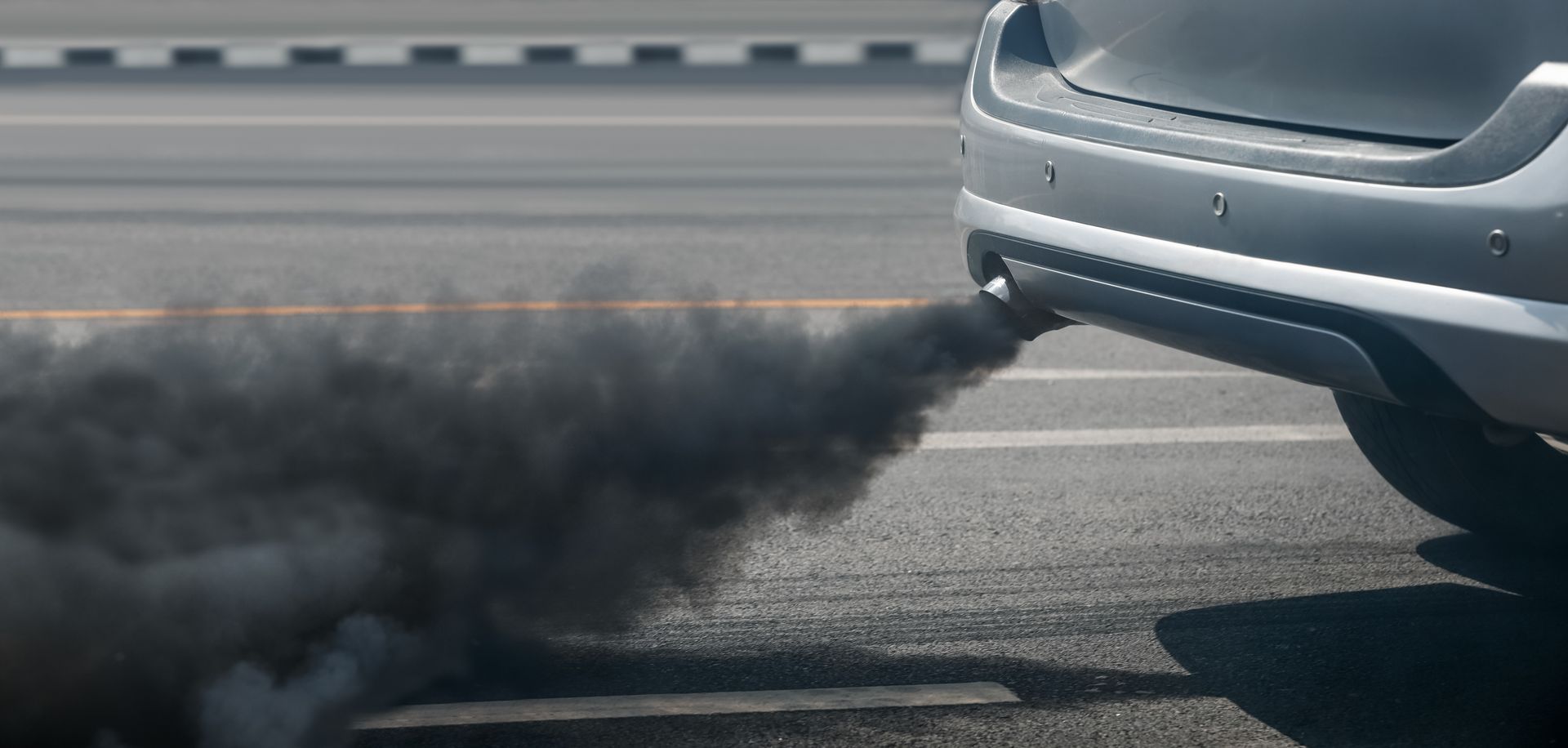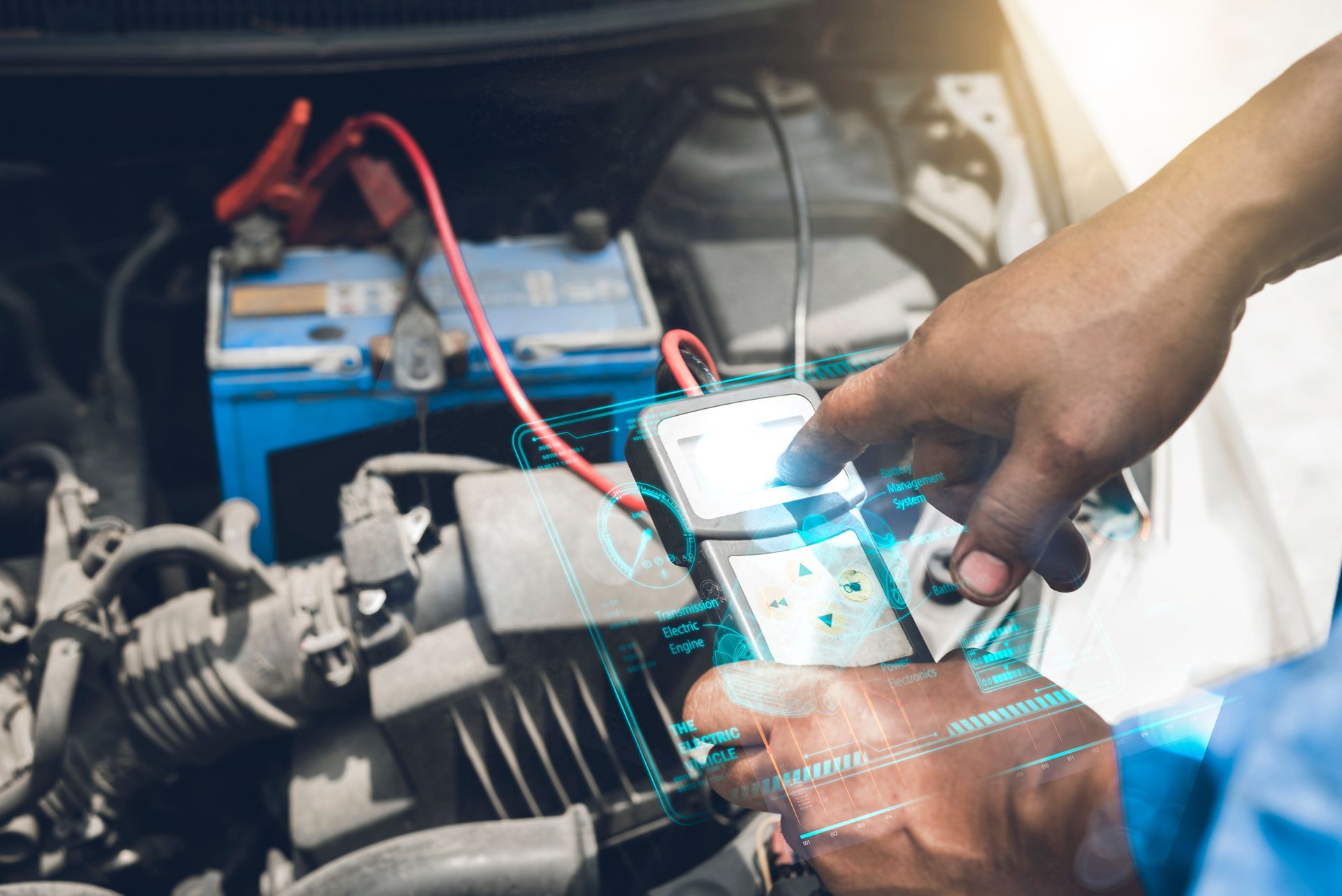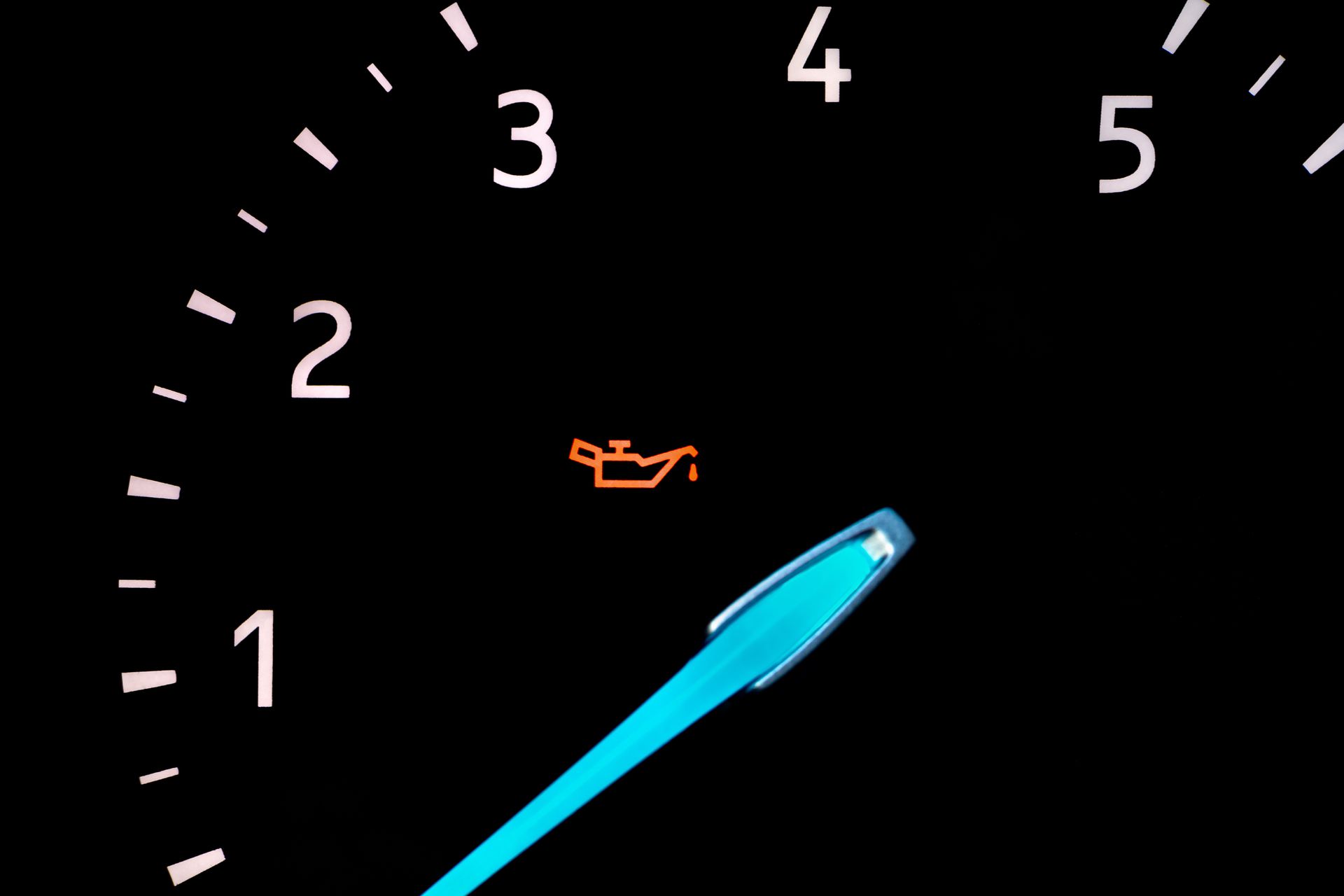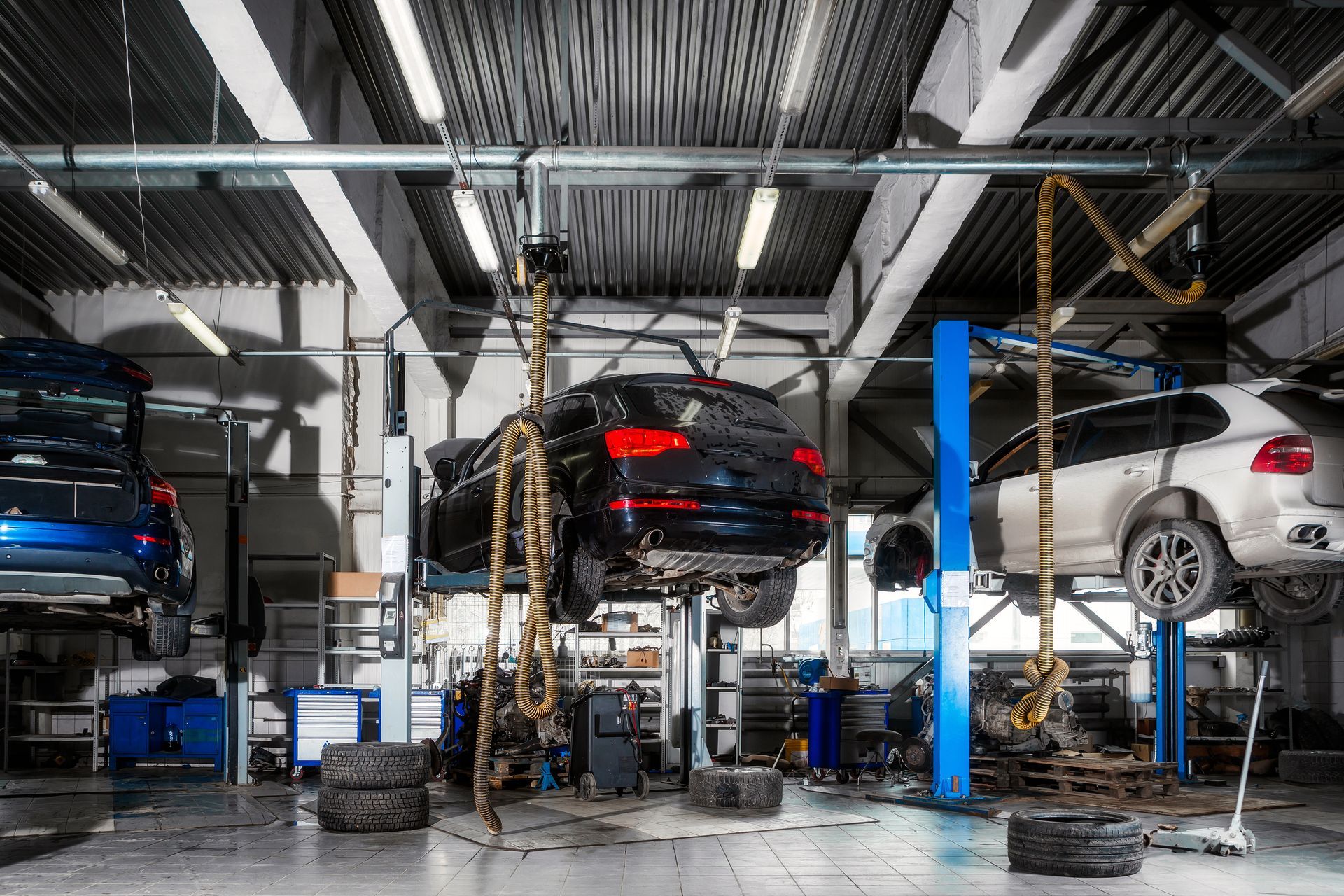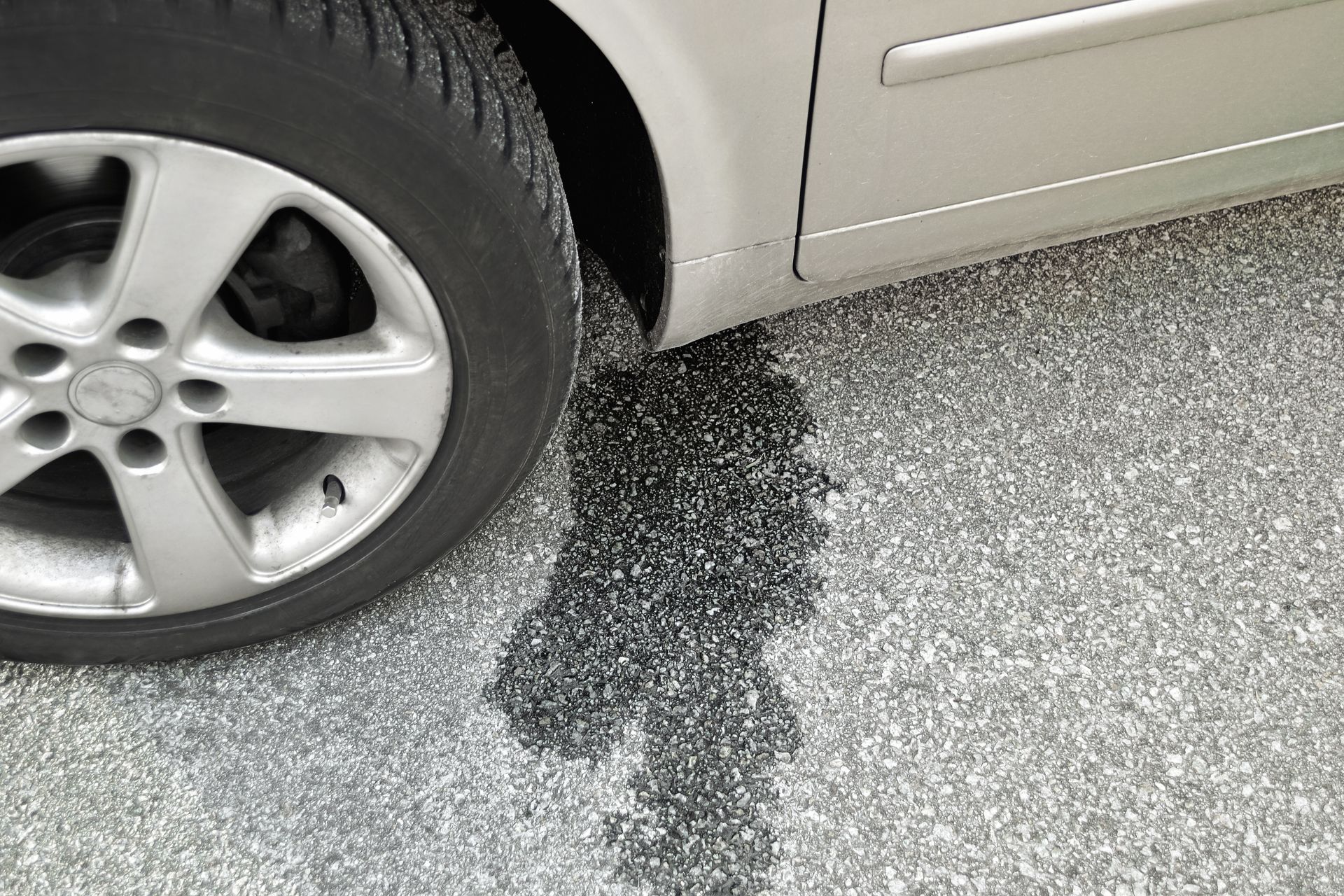Power steering is one of those features that you don’t think about—until it stops working. If you’ve ever had to struggle with a stiff steering wheel or heard strange noises when turning, your power steering system might be in trouble. Ignoring these warning signs can lead to a dangerous driving situation, as steering becomes harder and less responsive. Knowing the signs of power steering failure can help you address issues before they become major problems.
Why Power Steering Is Needed
Power steering makes driving easier by reducing the amount of effort needed to turn the wheel. It uses hydraulic or electric assistance to help move the wheels when you steer. Without it, even a simple turn can feel like a workout. If your power steering starts to fail, you may find it increasingly difficult to control your vehicle, especially at lower speeds.
A failing power steering system can also impact safety. A stiff or unresponsive steering wheel means you have less control over your car, which is particularly dangerous in emergencies. Keeping an eye out for early warning signs can help prevent a complete failure while you’re on the road.
Difficulty Turning the Wheel
One of the most obvious signs of power steering failure is increased difficulty when turning the wheel. If you notice that the steering feels heavier than usual, especially at low speeds, your power steering system may be struggling.
Hydraulic power steering systems rely on fluid pressure to assist with turning. If the fluid level is low or the pump is failing, the system won’t work properly, making it harder to steer. Electric power steering systems can also fail due to electrical malfunctions, causing similar issues.
Unusual Noises When Turning
If you hear whining, squealing, or groaning noises when you turn the wheel, your power steering system could be to blame. A common cause of these sounds is low or contaminated power steering fluid, which can lead to increased friction inside the system.
A failing power steering pump can also create a whining noise. If the pump is struggling to maintain pressure, it won’t function correctly, which can eventually lead to total steering failure. Addressing unusual sounds early can help prevent more costly repairs down the road.
Steering Feels Jerky or Unresponsive
A properly functioning power steering system should provide smooth and consistent control. If your steering feels jerky, stiff, or unresponsive, something isn’t working right. You might notice that the wheel gets stuck for a second before suddenly becoming easier to turn, or that it feels inconsistent when making turns.
These symptoms could indicate a failing steering rack, a faulty power steering pump, or even a loose belt. Electrical power steering systems can also experience intermittent failures due to sensor or wiring issues.
Power Steering Fluid Leaks
If you see a reddish or light brown puddle under your car, it could be leaking power steering fluid. Hydraulic power steering systems rely on pressurized fluid to function, and a leak can quickly lead to steering failure.
Leaks often come from worn-out hoses, seals, or the power steering pump. If you notice a leak and experience difficulty steering, it’s time to get your car checked before the problem worsens.
Dashboard Warning Light
Modern vehicles come equipped with warning lights that alert you to potential issues. If your power steering warning light or check engine light turns on, it’s worth investigating.
Many electric power steering systems will trigger a warning light if there’s a problem with the system’s sensors or wiring. If you see the light along with other symptoms like stiff steering or unusual noises, don’t ignore it—your power steering may be on the verge of failure.
What to Do If Your Power Steering Is Failing
If you suspect your power steering system is failing, don’t wait until it stops working completely. Driving with a compromised steering system puts you at risk, especially in emergency situations where quick steering adjustments are necessary.
The first step is to check your power steering fluid. If it’s low, topping it off might help temporarily, but a leak could be the root cause. If your car has electric power steering, a diagnostic scan may be needed to identify electrical issues. Our professionals can inspect the system, pinpoint the issue, and recommend the best solution to restore your steering control.
Is your power steering making driving more difficult? Don’t risk losing control of your vehicle. Drop by one of our 17 Texas locations and let Kwik Kar Auto Repair diagnose and fix the issue before it leads to bigger problems. Contact us now to book your appointment!
- Kwik Kar Auto Repair - Parker Road in Plano, TX 75075
- Kwik Kar Auto Repair - Melissa in Melissa, TX 75454
- Kwik Kar Auto Repair - Skillman in Dallas, TX 75243
- Kwik Kar Auto Repair - Murphy in Murphy, TX 75094
- Kwik Kar Auto Repair - Carrollton in Carrollton, TX 75006
- Kwik Kar Auto Repair - Paris in Paris, TX 75460
- Kwik Kar Auto Repair - Wylie in Wylie, TX 75098
- Kwik Kar Auto Repair - Rowlett in Rowlett, TX 75089
- Kwik Kar Auto Repair - Frisco in Frisco, TX 75033
- Kwik Kar Auto Repair - Little Elm in Little Elm, TX 75068
- Kwik Kar Auto Service & Repair - Arlington in Arlington, TX 76006
- Kwik Kar 12220 Greenville Ave in Dallas, TX 75243
- Kwik Kar Garland Rd in Dallas, TX 75218
- Kwik Kar 6424 Greenville Ave in Dallas, TX 75206
- Kwik Kar Fitzhugh Ave in Dallas, TX 75204
- Kwik Kar of Bridgeport in Bridgeport, TX 76426
- Kwik Kar of Boyd in Boyd, TX 76023
